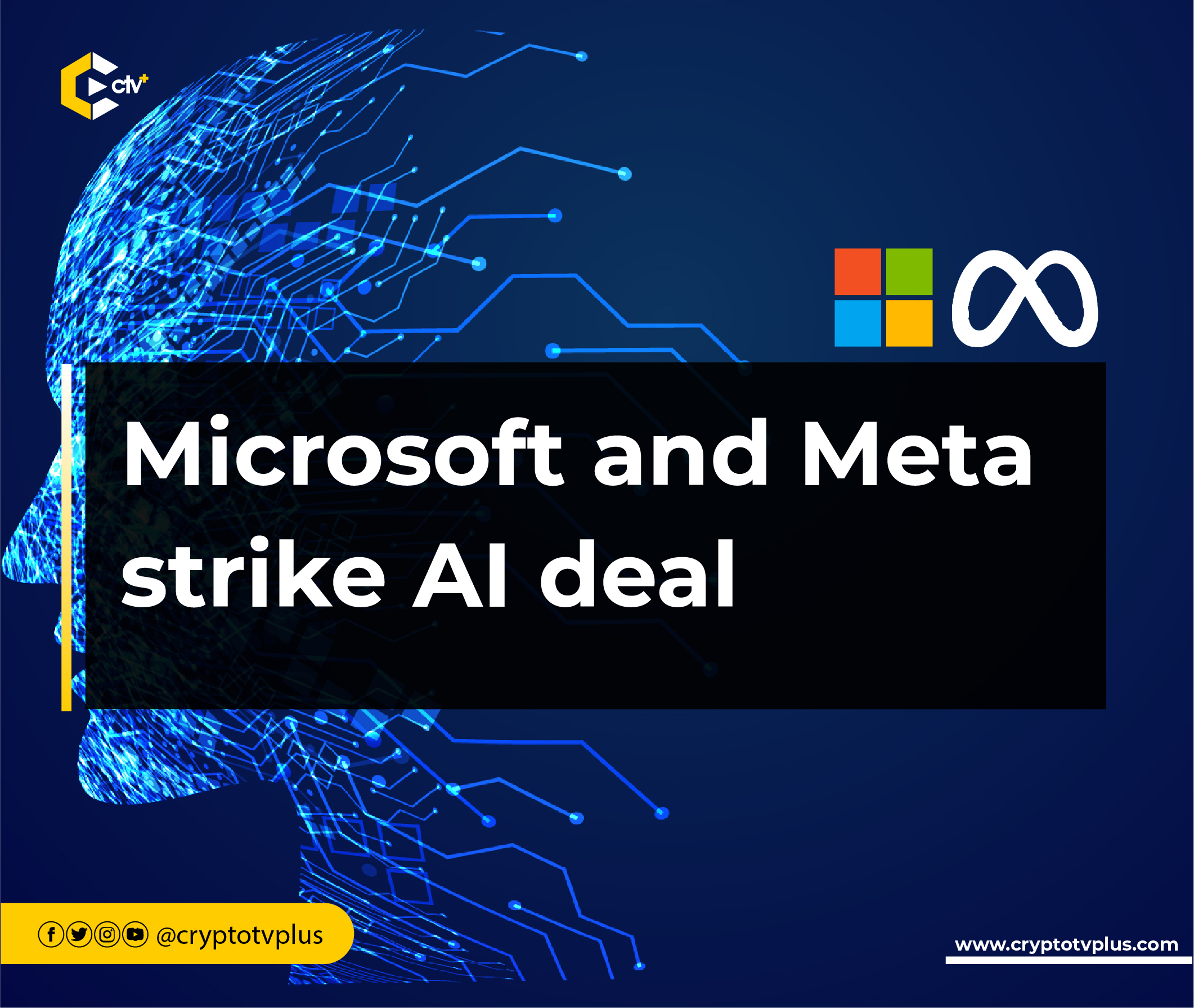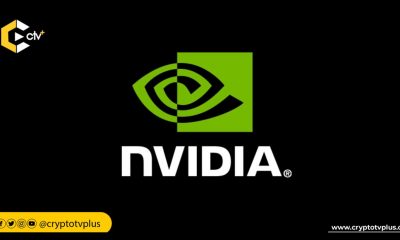News
Microsoft and Meta strike AI deal

Microsoft and Meta have announced a partnership to support the Llama 2 family of large language models (LLMs) on Azure and Windows. Llama 2 aims to empower developers and organizations to build generative AI-powered tools and experiences.
Meta’s open approach to Llama 2 allows developers to choose the types of models they build on, and Microsoft is thrilled to be Meta’s preferred partner for releasing Llama 2 to commercial customers for the first time.
According to John Montgomery, Corporate Vice President, Azure AI, Azure customers can now fine-tune and deploy the Llama 2 models with parameters ranging from 7 billion to 70 billion on Azure and optimize Llama to run locally on Windows.
This collaboration builds on their existing partnership to accelerate innovation in the AI era and strengthens Microsoft’s position as the world’s supercomputing platform for AI.
The inclusion of Llama 2 in Windows provides developers with world-class tools to build AI experiences tailored to their customers’ needs. Azure’s AI supercomputing platform, along with Llama 2 models, offers powerful tooling for model training, fine-tuning, inference, and AI safety capabilities.
The Azure AI model catalogue, currently in public preview, offers a hub of foundation models, including Llama 2, enabling developers and ML professionals to easily discover, evaluate, customize, and deploy pre-built large AI models at scale. This eliminates the need for users to manage infrastructure dependencies and provides support for model fine-tuning and evaluation.
The VP added that Microsoft prioritizes responsible AI and offers an iterative, layered approach to mitigate potential risks with large language models. Azure AI customers can test Llama 2 with their sample data and use prompt engineering and retrieval augmented generation (RAG) techniques to develop safer and more reliable experiences for end users.
“At Microsoft, we mitigate potential risks presented by the use of large language models through an iterative, layered approach that includes experimentation and measurement,” John said. “Azure AI customers can test Llama 2 with their own sample data to see how it performs for their particular use case.”
The AI race has been more pronounced with the release of OpenAI’s ChatGPT as well as Bard by Google. Microsoft partnered with OpenAI to integrate GPT 3 into its Azure infrastructure in November 2021, expanding its service into an industry that’s projected to reach $2 trillion by 2030.
Read also; Binance Completes 24th Quarterly $BNB Token Burn
























